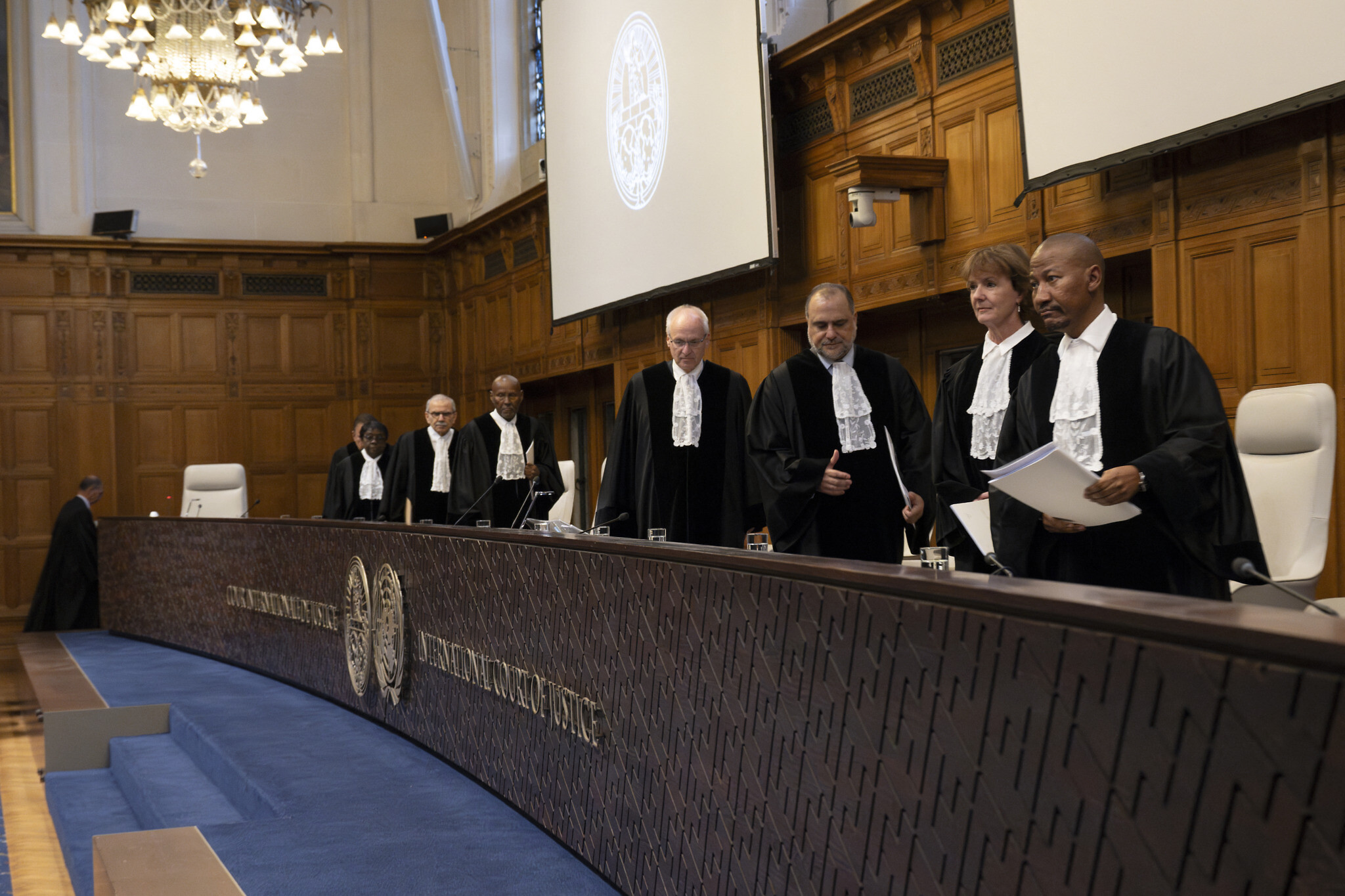
On Friday, the International Court of Justice (ICJ) in The Hague ordered Israel to halt its military offensive in Rafah, Gaza. The ruling was a rebuke of Israel's decision to send troops and tanks into Rafah, a city where over a million Palestinians had sought refuge. However, Israeli officials have disregarded the ICJ's order, fearing civilian casualties and denouncing accusations of genocide in Gaza as false.
The ICJ's ruling has further isolated the United States' position on the conflict. The US describes Israel's operation as limited and targeted, while Norway, Ireland, and Spain have recognized a Palestinian state. The chief prosecutor of a separate international court has also sought arrest warrants for Israeli Prime Minister Benjamin Netanyahu and leaders of Hamas.
Four ICJ judges argue that Israel is not required to halt all military operations in Rafah but only those that could bring about physical destruction of the Palestinian group. The relevant clause in the ruling states that Israel must halt military operations that may inflict conditions of life leading to physical destruction of the Palestinian group in Rafah.
Israel's Aharon Barak and four other judges hold this opinion, while South Africa's Dire Tladi argues that the ruling explicitly orders Israel to halt its offensive in Rafah. These were the only five of the 15 judges who penned an opinion or declaration to accompany the ruling.
The UN's emergency aid chief has called Israel's war on Gaza a tragedy beyond words and urged it to end this nightmare. The conflict has resulted in significant civilian casualties and destruction of infrastructure, prompting humanitarian aid organizations such as USAID and the UN World Food Program to provide assistance.
The ICJ's ruling is not binding, but it carries moral weight and may influence other countries' positions on the conflict. Israel's isolation is deepening as more countries recognize a Palestinian state and call for an end to the violence. The US must carefully consider its position on the conflict and work towards a peaceful resolution that respects the rights and dignity of both Israelis and Palestinians.

